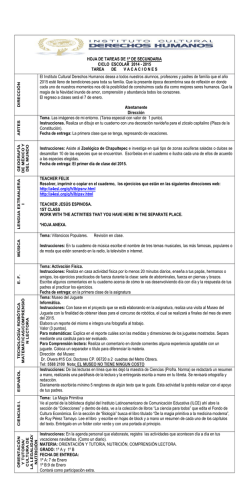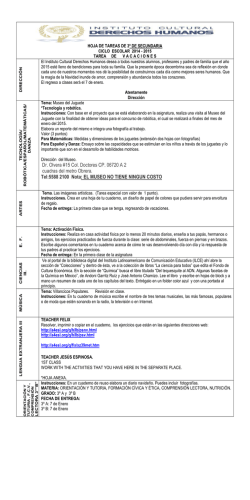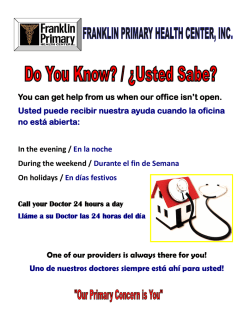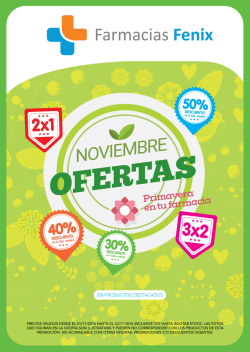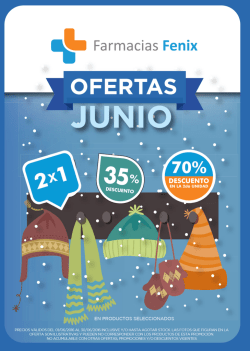
5EP English - Colegio El Valle
Dear parents, Find below a summary of the topics which we will study this month. UNIT 1: My clothes Vocabulary • Clothes: leggings, tights, baseball boots, tie, waist coat, sweatshirt, belt, jeans, tracksuit, cardigan, polo shirt, top. • Adjectives to describe clothing: short-sleeved, flowery, baggy, plain, striped, long-sleeved, tight, patterned. Grammar: • Present simple: affirmative, negative, questions and short answers. I wear / don’t wear a helmet. He wears / doesn’t wear a helmet. Do you wear a T-shirt? Yes, I do / No, I don’t. Does he wear a T-shirt? Yes, he does / No, he doesn’t. What do you usually wear? I usually wear a T-shirt. What does she usually wear? She usually wears a dress. • Present continuous: affirmative, negative, questions & short answers. I am / am not wearing a hat. You are / are not wearing a hat. He is / is not wearing a hat. Is she wearing a hat? Yes, she is / No, she isn’t. Are they wearing a hat? Yes, they are / No, they aren’t. What are you wearing now? I am wearing trainers. What is she wearing now? She is wearing jeans. • Too & (not) enough with adjectives. This T-shirt is too big. These trousers are big enough. This polo shirt isn’t big enough. UNIT 2: Adventure holiday Vocabulary • Outdoor activities and equipment: camping, rock climbing, hiking, whitewater rafting, mountain biking, compass, map, helmet, rucksack, wetsuit, torch, life jacket. • Survival kit equipment: binoculars, camping stove, insect repellent, matches, saucepan, rope, sleeping bag, sun cream, walking boots, wildlife guidebooks. Grammar • Past simple: verb to be. I was / wasn’t happy. They were / weren’t happy. • Past simple: regular verbs. I played / didn’t play tennis. She climbed / didn’t climb a mountain. • Wh- questions in the past. Where did you go? When did you go? What did you do? Who did you go with? • Past simple: irregular verbs. She went camping with her friends. We brought some waterproof torches with us. At home you can help your child learn the vocabulary by working on some/all of these activities: • Ask them to tell you about the clothes they have got and what they usually wear at different times of the day. • Ask them to describe their clothes by using the adjectives they have learnt during the lessons • Ask them to describe an event in the past. • Ask them to tell you about the equipment they need when they go camping. You may also find great ideas for activities and materials on the following websites: http://www.esltower.com/ http://www.ego4u.com/ http://www.primaryresources.co.uk/ http://www.englishexercises.org/ http://www.mansioningles.com/ http://www.theyellowpencil.com/ Estimados padres, Os ofrecemos a continuación un resumen de los temas que vamos a estudiar durante este mes. UNIDAD 1: Mi ropa. Vocabulario • Ropa: mallas, medias, zapatillas de bota, corbata, chaleco, sudadera, cinturón, vaqueros, chándal, chaqueta de punto, polo, top. • Adjetivos para describir ropa: de manga corta, de flores, holgado, liso, de manga larga, ajustado, estampado. Gramática • Presente simple: afirmativa, negativa, preguntas & respuestas cortas. Yo llevo / no llevo un casco. Él lleva / no lleva un casco. ¿Llevas tú una camiseta? Si, si la llevo / No, no la llevo. ¿LLeva él una camiseta? Si, si la lleva / No, no la lleva. ¿Qué llevas puesto normalmente? Normalmente llevo puesta una camiseta. ¿Qué lleva puesto ella normalmente? Normalmente ella lleva puesta una camiseta. • Presente continuo: afirmativa, negativa, preguntas & respuestas cortas. Yo estoy llevando / no estoy llevando puesto un sombrero. Tú estás llevando / no estás llevando puesto un sombrero. Él está llevando / no está llevando puesto un sombrero. ¿Está ella llevando puesto un sombrero? Si, si lo está llevando / No, no lo está llevando. ¿Están ellos llevando puesto un sombrero? Si, si lo están llevando / No, no lo están llevando. ¿Qué estás llevando puesto ahora? Yo estoy llevando puestos unos vaqueros. ¿Qué está llevando ella puesto ahora? Ella está llevando puestos unos vaqueros. • Demasiado y (no) suficiente con adjetivos. Esta camiseta es demasiado grande. Estos pantalones son suficientemente grandes. Este polo no es lo suficientemente grande. UNIDAD 2: Vacaciones de aventura Vocabulario • Actividades de exterior y equipamiento: acampar, escalar, senderismo, hacer rafting por los rápidos de un río, montar en bicicleta de montaña, brújula, mapa, casco, saco de dormir, traje de neopreno, linterna, chaleco salva vidas. • Componentes de un kit de supervivencia: prismáticos, estufa para ir de camping, repelente de insectos, cerillas, cazo, cuerda, saco de dormir, crema para el sol, botas para caminar, guías de fauna salvaje. Gramática • Pasado simple: verbo ser/estar. Yo fui /estuve – no fui / no estuve feliz. Ellos fueron / estuvieron – no fueron / no estuvieron felices. • Pasado simple: verbos regulars. Yo jugué / no jugué al tenis. Ella escaló / no escaló una montaña. • Preguntas con pronombres interrogativos en pasado. ¿Dónde fuiste? ¿Cuándo fuiste? ¿Qué hiciste? ¿Con quién fuiste? • Pasado simple: verbos irregulares. Ella fué de acampada con sus amigos. Nosotros nos trajimos algunas linternas resistentes al agua. En casa puede ayudar a su hijo/a a aprender su vocabulario trabajando en alguna de estas actividades: • Pedidles que os cuenten qué ropa tienen y qué están llevando puesto en diferentes momentos del día. • Pedidles que os expliquen cómo es su ropa utilizando los adjetivos que han aprendido. • Pedidles que describan un evento en pasado. • Pedidles que os cuenten sobre el equipamiento que necesitan cuando van de camping. También podéis encontrar buenas ideas para actividades y materiales para animar a vuestros hijos a aprender inglés en las siguientes páginas web: http://www.esltower.com/ http://www.ego4u.com/ http://www.primaryresources.co.uk/ http://www.englishexercises.org/ http://www.mansioningles.com/ http://www.theyellowpencil.com/
© Copyright 2026
